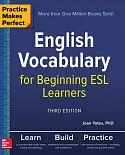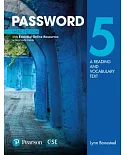Learner autonomy in language learning, initially associated with independence, is now viewed as a capacity that can be developed in social contexts involving learner interdependence and
collaboration. In this volume researchers, most of whom are also language teachers, from Asia, the Caribbean, Europe, and North and South America, explore the social aspects of learner
autonomy in various language learning contexts. Bringing together theory, research and practice, the studies draw on socially oriented theoretical perspectives – such as social
constructivism, sociocultural theory, situated learning, ecology and complexity – and primarily employ case study and ethnographic methodologies. This research suggests that the social
dimensions of learner autonomy encompass under-investigated emotional, spatial and political dimensions. In addition to theoretical issues, the authors discuss implications for practice,
making this book of interest to teachers, researchers, and other language professionals working in classrooms, distance education, self-access centres, as well as virtual and social learning
spaces.





















